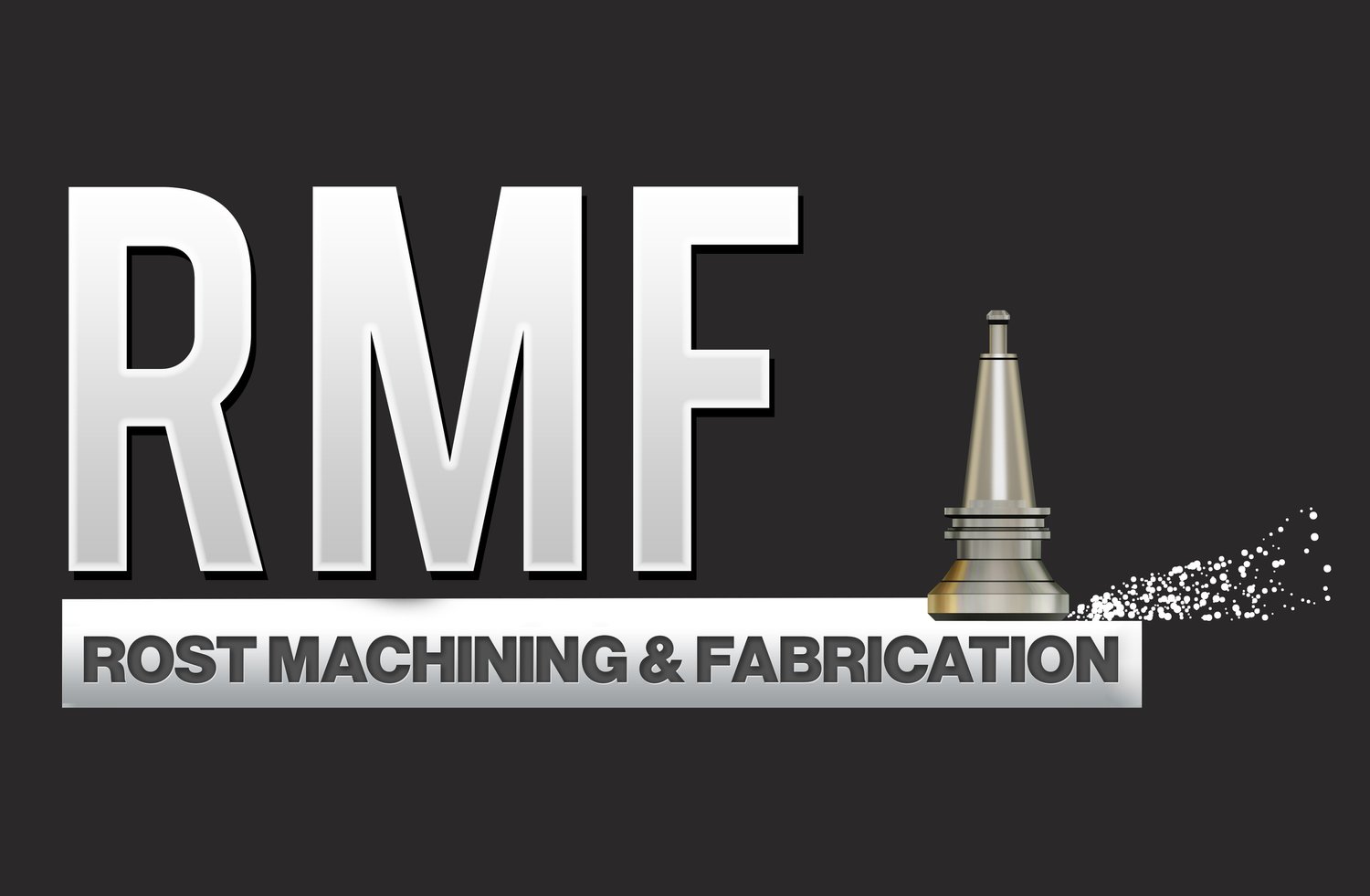What to Know about Precision Machining and Medical Devices
The aircraft, electronics and healthcare sectors are just some of the places where precision machining can be found. When it comes to medical components and devices, CNC (computer numerical control) machines play a role in making a lot of them. There are plenty of medical parts across the entire medical equipment industry, including implants (used for replacements and reconstruction).
Precision Machining Is Key for Medical Needs
Needless to say, using the machining process medically has to be precise every single time because any mistake could cause severe injuries or be fatal. There are higher standards that medical components and devices need to meet aside from the standard ISO 9001 quality management needs.
Precision machining goes into the manufacturing of lasers, surgical tools, and the robotics used in certain surgeries today. Thanks to CNC machining, the processes, information, and machinery necessary for the tiny parts to be made are provided.
There are a number of machining techniques available to makers. The most ideal one for medical equipment and instruments to develop precisely is CNC machining. As technology advanced, CNC processing technology has led to medical equipment manufacturing being more humane.
Other advantages include, but are not limited to:
Custom designing
Durability
Miniaturization
Non-reactiveness
Safety
Stringent tolerances are met
It's About Meeting Specific Needs
Machinists have started to really explore CNC medical machining's potential for medical precision components to get made. It's largely thanks to how compatible it has been with the health industry. Read on to learn more about what CNC machining is able to create in terms of medical equipment:
Essentials
Heart rate monitors
MRI scanners
X-ray machines
The pieces that make up equipment of this nature come in the thousands. Each individual piece of the "puzzle" is something that a CNC machine can create quite easily and in a time-sensitive manner. All of the equipment plays a key role not just in monitoring a patient's vitals. They can also prevent the worsening of injuries and even reduce fatalities.
Implants
Hip replacements
Knee reconstruction
Spine reconstruction
Micromachining
Catheters
Drug delivery systems
Miniature screws for implants and devices
Pacemaker components
Stents
This is all about the tools parts that are small to downright tiny. As the name suggests, the machines themselves are quite small. However, they have a high level of sophistication, ability, and accuracy.
Surgical Tools
Biopsy tubes
Blade handles
Cutters
Forceps
Implant holders
Surgical scissors
Aside from precision and meticulousness, surgical equipment and instruments that are CNC-manufactured also have extra safety criteria at hand. Some tools have to be custom-made for particular patients. In those cases, mass production machines simply cannot do the trick. An expensive, time-consuming way to go about things used to involve customization by hand. Meanwhile, CNC machining gets it all streamlined without the efficiency, delivery, or quality being compromised.
Conclusion
Thanks to the advancement of technology, medical devices are best done through precise CNC machining nowadays. It's able to create surgical tools such as blade handles, micromachining such as pacemaker components, and implants such as those used for hip replacements.
Are you looking for a machining fabrication and finishing services provider? Reach out to Rost Machining & Fabrication! We offer welding, lasing, turning, milling, grinding and similar services to clients all over South Bay. Contact us today!
